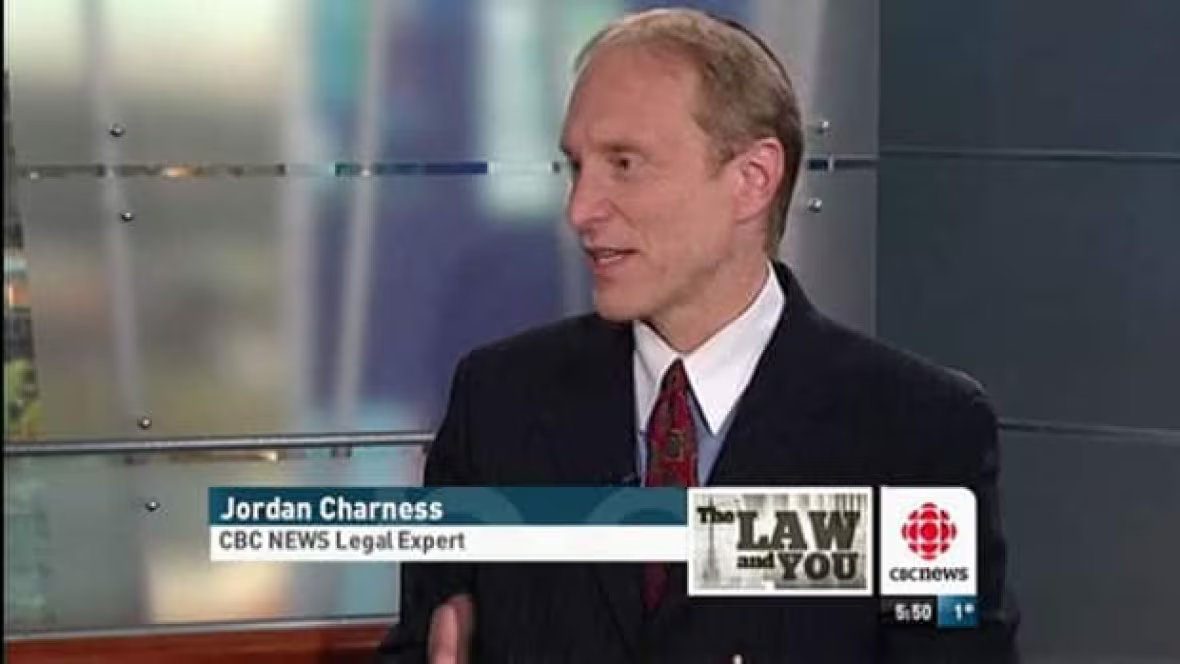If debt collectors start blowing up your phone, your first instinct might be to dodge the call. But here’s the thing: ignorance isn’t bliss when your hard-earned cash is on the line. Once you’re ready to bite the bullet, the best thing to do is know your rights. That’s why I talked to lawyers from three different provinces to get the full picture of what debt collectors can and can’t do in Canada, and what steps you can take if they cross the line.
From those conversations, here’s what I learned about the ground rules:
What they can do:
- Call you to discuss repayment, but only during the hours your province allows
- Contact your workplace, but only to confirm how to reach you, unless your employer co-signed the debt
- Take you to court if you don’t pay
- Garnish your wages or take money from your bank account, but only if they win in court and get an order
What they can’t do:
- Threaten you with arrest or jail just for owing money
- Call you repeatedly at all hours
- Tell your friends, family, or co-workers about your debt
- Pretend to be the police or a government agency
- Add extra fees or interest that aren’t in your contract
If a collector crosses the line, you can report them to your provincial consumer protection office, keep detailed notes and copies of any messages, and use that paper trail if you need to file a complaint or take legal action.
My chat with a Nova Scotia lawyer
Dianna Rievaj is the founder of Highlander Law. She is a mom, a rescue dog owner, and the kind of lawyer who makes legal talk feel like a kitchen-table conversation. She’s chatty, approachable, and has a knack for making scary stuff simple.

Collection agencies, she told me, are like the “big bad wolf” or an “attack dog” just trying to get a piece of the pie.
She’s been on the phone with more than one collector who tried to bluff their way through a conversation, once so aggressively that she had to stop and ask for the person’s name and company so she could report them. “I’m a pushy litigation lawyer,” she laughed, “and this person was still trying to dance around me.” In that case, the agency insisted her client couldn’t offer a lower repayment amount because it “wasn’t their policy.” When she pushed back, the creditor quickly agreed to the deal.
Her advice? Face the problem before interest snowballs, and be careful about what you read online. The rules vary from province to province, and a lot of Google results are either American, from the wrong province, or "something somebody made up in their mother's basement and put on a blog."
Many law firms, she said, will conduct an “issue review” over the phone for a nominal fee. You send in your documents, explain the situation, and the lawyer will walk you through what’s actually legal where you live. “Once people understand their rights,” she says, “a lot of these issues disappear.
My chat with a Quebec lawyer
I knew I had to talk to someone from Quebec for this story. They speak French and have a legal system that works differently from the rest of Canada, so I wanted to understand how that plays into debt collection. To really get an on-the-ground view, I called Jordan Charness.
Charness is something of a legal celeb in Quebec. A lawyer since 1985, he’s given legal advice on Montreal radio, appeared on TV as a legal expert, and written a long-running weekly column for The Montreal Gazette. He’s very matter-of-fact and doesn't sugarcoat things.

One of the first things he told me is that not every debt collection call carries the same weight.“There’s a big difference between a lawyer and a collection agency,” said Charness. “By law, a collection agency is only entitled to make phone calls, send letters, or otherwise remind you that a debt is due and try to convince you to pay what you owe."
"They have no legal powers, but they have a great power of persuasion. Can they text you? Yes. Can they email you? Yes. But they can’t sue you, garnish your wages, or seize your assets.”
He explained that collection agencies and law firms often work together. So if the agency gets nowhere, the file is usually sent to a lawyer who can sue you.
Once you have your day in court, Charness said it's up to the judge to decide how much is due. That opens the door to enforcement like wage garnishment, freezing bank accounts, placing a lien on property, and, in extreme cases, ordering the sale of assets.
His biggest takeaway is: Don’t ignore the calls. Even if you can’t pay in full, creditors will often settle once you can prove financial hardship. And don’t bother trying to bypass the collection agency to deal directly with your bank. Once an account is in collections, contracts ensure it’s routed back to the agency.
My chat with an Ontario lawyer
Ryan Kerr is an Ontario lawyer who’s been in plenty of battles over money. He’s handled a ton of debt collection cases, and when he’s not in court, he’s all about Toronto sports.

When I got him on the phone, I went straight for one of the biggest fears people have: “Can you actually go to jail for not paying your debts?” Kerr quickly quipped, “No, not just for owing money.” But then he explained the twist. If a judge orders you to show up in court and you ignore it, that’s when you could be in real trouble. Once you begin ignoring court orders, you could end up in jail, but that’s something that happens way down the line, not after the first collection call.
He also told me bankruptcy can be a last resort if you’ve got nothing left. It wipes out most debts, but it’s not exactly a win. Kerr's had cases where he spent months trying to collect for a client, something he always warns could end in bankruptcy, only for the person to file at the end. The client walked away with nothing but a legal bill.
Debt collection rules by province
| Province | Where to check / complain | One key difference |
|---|---|---|
| BC | Consumer Protection BC | Calls allowed 7 a.m.–9 p.m., no statutory holidays. |
| AB | Service Alberta | Must be licensed; strict limits on contact frequency. |
| SK | FCAA – Collections | Rules on who collectors can contact and how often. |
| MB | Consumer Protection Office | Sets collection standards and handles complaints directly. |
| ON | Ontario – Collection Agencies | Calls limited to 7 a.m.–9 p.m. Mon–Sat; 1–5 p.m. Sun; no holidays. |
| QC | Office de la protection du consommateur | Separate civil-law system; OPC manages all complaints. |
| NB | FCNB – Collection Agents | Licensing required; complaints handled by FCNB. |
| NS | Nova Scotia – Your Rights | No robocalls; limited employer contact. |
| NL | Service NL – Collection Agencies | Handles licensing and consumer complaints. |
| PEI | PEI – Consumer Services | Collectors must register in PEI; complaint form available. |


